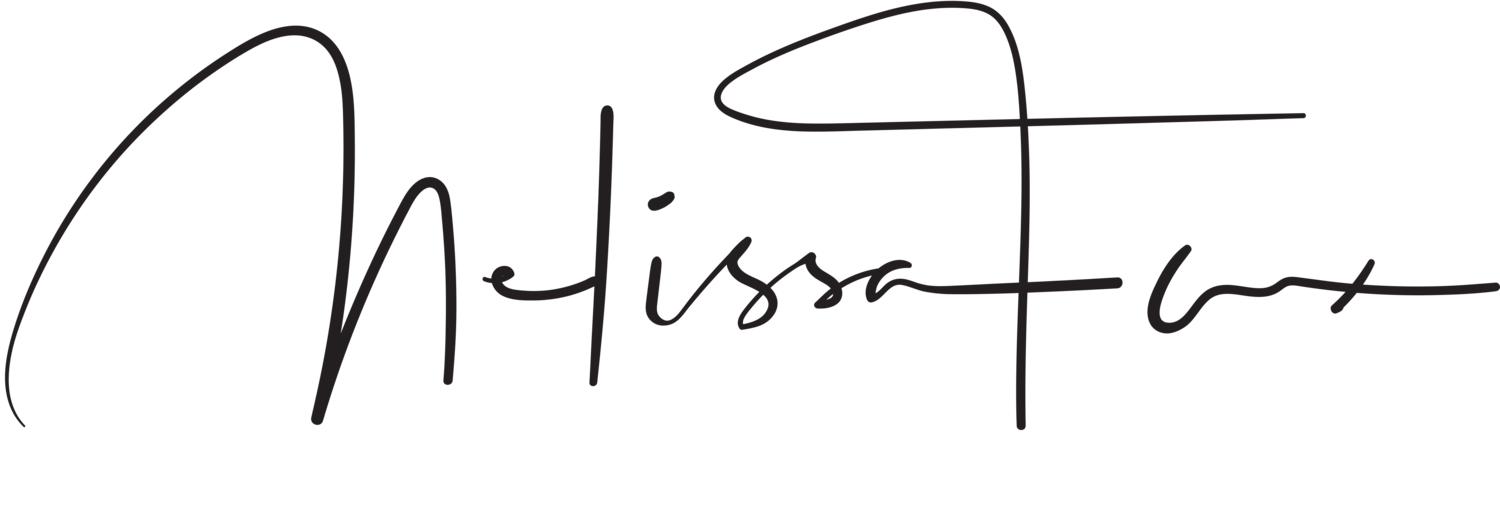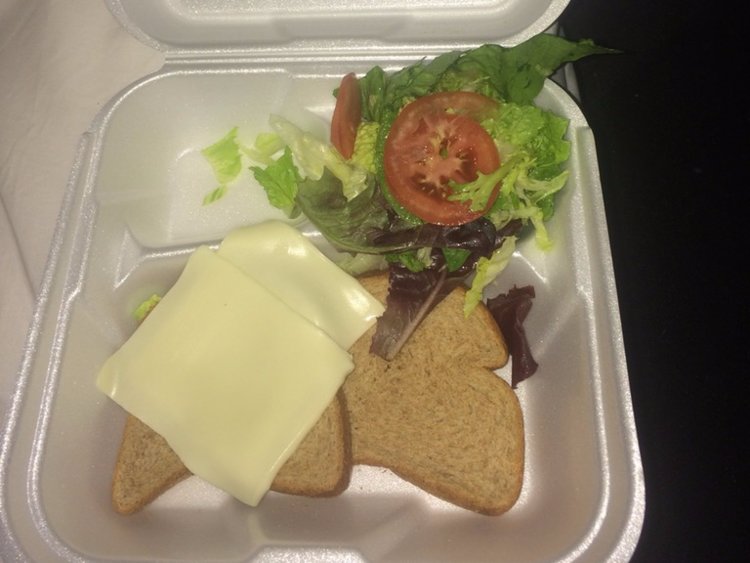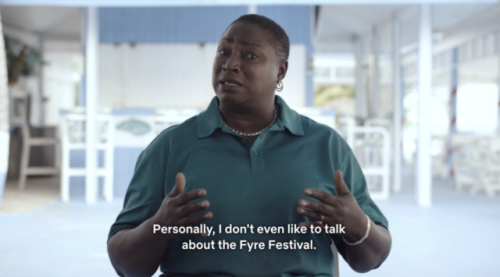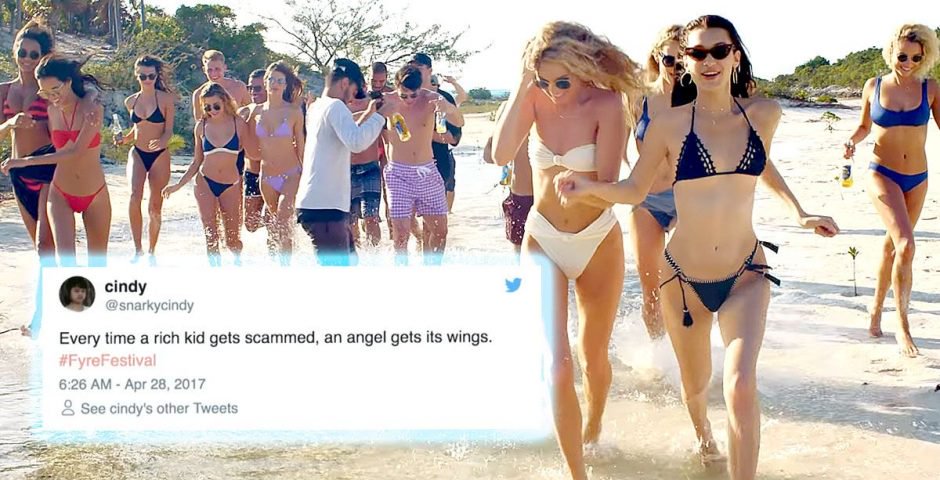The following is a great series of documentaries that when watched in order paint a picture of movements, influences and money. They help fill in the picture of we find ourselves today. Civil unrest, systemic racism, capitalism, white supremacy, fascism and poverty are not new concepts. I am reading The History of White People by Nell Irvin Painter and while I am uncomfortable in my re-education I am soaking it in, connecting the dots and understanding my current world more clearly. The following are great companions that are well researched.
Capital in the Twenty First Century
Tracing power and money from the aristocracy to now. A clear and dynamic argument for the roots of capitalism and its influences on our modern world. This doc is devoid of the racial connotations of the movements, which would make it stronger but the undertones are represented. A little less preachy and more comprehensive than Micheal Moore's Capitalism: A Love Story and good use of movie clips and historical footage to help you connect the dots.
I am not your Negro
I wish this documentary existed when I was in school when learning about the civi rights movement. It broke the rosy picture my terrible American education gave me and helped me understand why that was problematic. When viewed after the Capitalism doc, it fills in a few of the gaps around racial equity. "They needed us to pick the cotton and now that they don't need us anymore - they are going to kill us all."
Crack; Cocaine Corruption and Conspiracy
I was a kid when the crack epidemic was at its height but after watching this, I realized how much of my life was influenced by these events as someone who grew up on the South Side of Chicago. This documentary clearly outlines one of the roots of our current policing systems: How and why The War on Drugs furthered systemic racism, racial profiling, private prison labor, poverty in the black community and why cocaine, war profit and power are at the center of it. Striking are the interviews with black mothers, who addicted to drugs were sent to prisons for life, comparing their struggles to the white families dealing with the opioid epidemic today.
Extra Credit: Spike Lee's Do The Right Thing fits in well after viewing this. Sets up the context of the times so the impact of this film hits harder.
The 13th
This is an excellent follow up to the previous two. On one hand we have capitalism and the other how a drug crisis grew our prison population. Put those hands together and you find yourself in The 13th. Modern day slavery machines. My propagandist American History education did not teach this. Uncomfortable to unlearn but important to witness. After viewing this documentary years ago, I signed up to join BLM.
American Factory
Next a documentary that addresses the fall of the middle class. As globalization and automation take over - what is next for the American worker? Culture clashes, work ethics, blue collar identity all collide in American Factory. Where a factory job used to be able to provide for a family of four in the 50s, now pays poverty wages with increasing job loss through automation. See how one factory in America is being reimagined through the eyes of Chinese innovations. What will be do as a wealthy nation when these jobs are replaced by robots?







